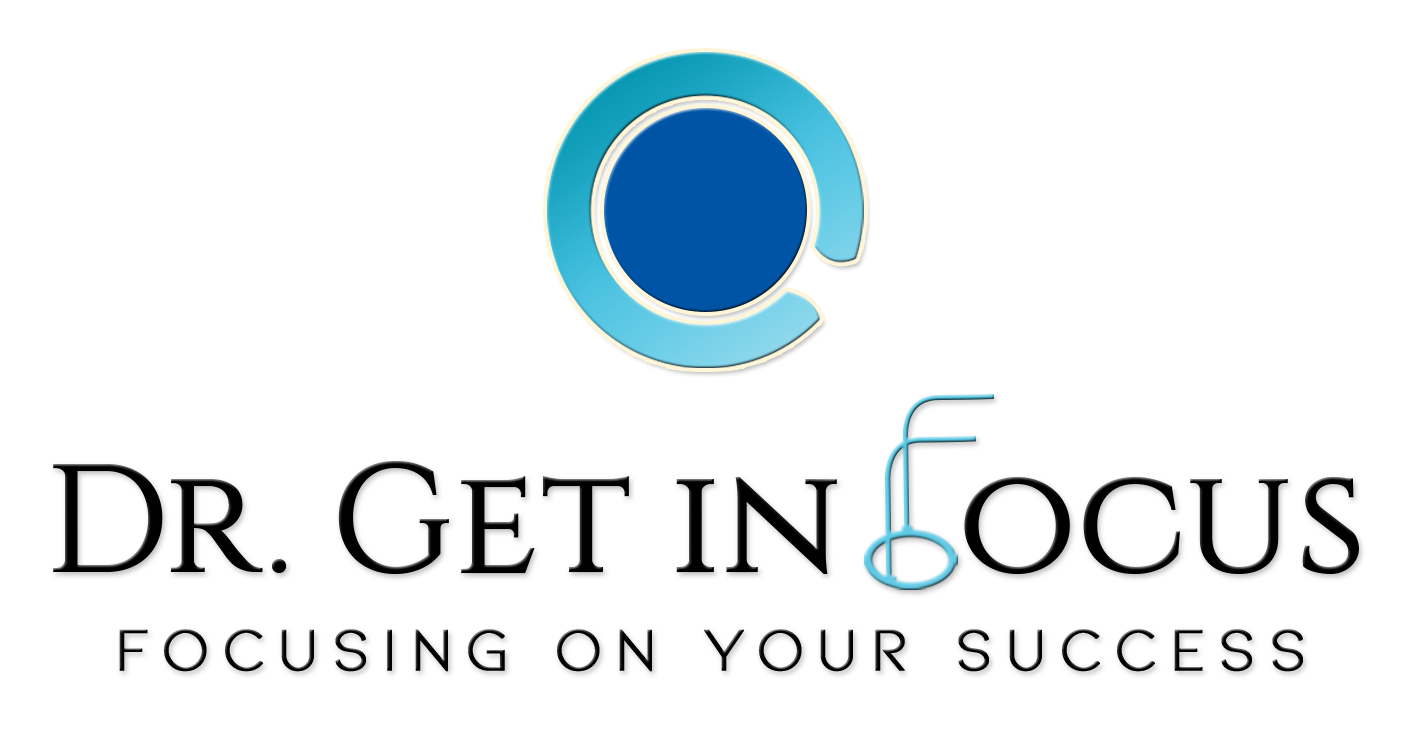FAQ: Understanding ADHD Treatments
Understanding ADHD Treatments
Navigating the world of Attention Deficit Hyperactivity Disorder (ADHD) can be complex, especially for adults. Whether you’re seeking treatment options, looking for specialists, or simply trying to understand ADHD better, this FAQ page provides essential information to help you on your journey.
ADHD treatments are diverse and typically include medication, behavioral therapies, and lifestyle modifications. Medications, primarily stimulants like Adderall and Ritalin, are commonly prescribed and can significantly reduce symptoms such as inattention and hyperactivity. Behavioral therapies, including cognitive-behavioral therapy (CBT), help individuals develop coping strategies, improve organizational skills, and address negative thought patterns. Additionally, lifestyle changes—such as regular exercise, a nutritious diet, and adequate sleep—can greatly enhance focus and emotional regulation. A combination of these approaches often yields the best outcomes for managing ADHD symptoms.
For adults seeking to manage ADHD without medication, several effective non-pharmacological strategies are available. Behavioral therapy is a primary option, allowing individuals to learn practical skills for time management and organization. Mindfulness practices, such as meditation and yoga, can help reduce stress and improve focus. Regular physical activity is also crucial, as it has been shown to boost mood and cognitive function. Support groups and coaching can provide additional guidance and accountability. Together, these strategies can create a robust framework for managing ADHD symptoms effectively.
Finding a qualified doctor to treat adult ADHD can feel daunting, but there are several ways to start your search. A simple online search for "ADHD specialists near me" where you can find about Dr. get in Focus, with his help you can yield valuable results. Look for Expert mental health professionals—such as psychiatrists, psychologists, or counselors—who specialize in ADHD treatment just like Dr. Jeffrey Levine. Local healthcare systems or clinics often provide directories to help you identify specialists in your area or you can simply search about Dr. get in focus for fast results. Checking reviews and credentials can also assist you in choosing a provider who understands the unique challenges of adult ADHD.
The diagnostic process for adult ADHD varies based on several factors, including the individual's symptoms and the healthcare provider's methodology. Typically, diagnosing ADHD involves a thorough evaluation that may include interviews, questionnaires, and potentially input from family members or significant others. This comprehensive assessment can take anywhere from a few weeks to a couple of months, depending on the provider’s availability and the complexity of the case. Early diagnosis is essential for effective management, so seeking help promptly can be beneficial.
The most effective treatment for ADHD often varies from person to person, depending on their unique circumstances and symptoms. Stimulant medications are usually considered the first line of treatment, as they have a strong track record of efficacy for many individuals. However, non-stimulant medications can also be effective, especially for those who may experience side effects from stimulants. A combination of medication and behavioral therapy is often the most successful approach, enabling individuals to manage their symptoms while developing coping strategies and skills.
When prescribed and taken correctly, Adderall should help individuals with ADHD feel more focused, energized, and capable of completing tasks. It can enhance concentration and reduce impulsivity, providing a clearer mental framework for tackling daily responsibilities. However, responses can vary; some may experience side effects such as increased anxiety or sleep disturbances. It’s crucial to communicate openly with your healthcare provider to ensure the medication is working as intended and to adjust the dosage if necessary.
Conclusion
Understanding ADHD and its treatment options is a critical step toward effective management. Whether you are considering medication, exploring therapy, or seeking support from a specialist, knowledge is your ally. Remember, ADHD is a complex condition that affects individuals differently, and a personalized approach is often the most effective.
If you have further questions or need tailored guidance, don’t hesitate to consult with Dr. Jeffrey Levine aka Dr Get in Focus, experienced in adult ADHD. By taking proactive steps, you can pave the way for a more fulfilling life, embracing both the challenges and strengths that come with ADHD.
Transform your health journey today
Explore our expert tips and insights to get in focus!
